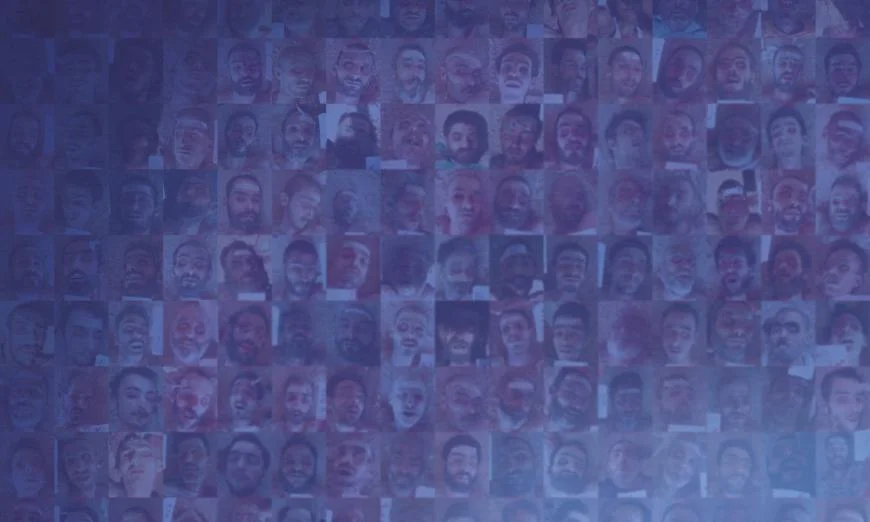States Should Vote for Funding New OPCW Team

© 2015 Human Rights Watch
Languages
Available In
Louis Charbonneau
United Nations Director at Human Rights Watch
Today, the United Nations Security Council passed its first resolution on missing persons in armed conflicts, seizing a key opportunity to strengthen efforts toward uncovering the fates of those missing and giving closure to countless families.
The resolution calls on parties to conflicts to better prevent disappearances in the first place, and to not wait until a conflict is over before searching for or marking graves.
The Security Council has been slow to take up this issue. Many people who survive a war still suffer from uncertainty about the fate of their loved ones. Some eventually get answers. Others live their lives tortured with doubt about the fate of those who vanished and were never heard from again.
The president of the International Committee of the Red Cross, Peter Maurer, told Council members today that the pain of uncertainty “infects whole communities, lasting decades, preventing societies from reconciling.”
Syria is a case in point, where tens of thousands have gone missing, either by the Syrian government, the Islamic State (ISIS), or anti-government armed groups. The misery experienced by relatives of the missing is compounded by difficulties around uncovering their fate. Families on all sides of Syria’s conflict have told Human Rights Watch of their struggles to secure information about their loved ones. Some relatives have spent their life savings and countless hours following any lead. Unfortunately, most efforts rarely yield success. The countries involved have done very little to strengthen and enforce centralized approaches to uncovering the fates of the missing.
UN member states can give meaning to today’s resolution by making an example of Syria. Following the resolution, drafted by Council president Kuwait, all UN member states should use their power and influence to ensure families get answers about their loved ones, be it in Syria or other conflicts around the globe.
International humanitarian law requires all parties to a conflict to account for people reported missing and provide their family members with any information it has on their fate. So not only is it the right thing for parties to a conflict to do for victims and their families, it’s their legal responsibility. Now the Security Council has lent its voice to this obligation.
The original article was published on the Human Rights Watch website


